IMAGINE A WORLD SET FREE
Think of us in this way, as servants of Christ and stewards of God’s mysteries.
Moreover, it is required of stewards that they should be found trustworthy.
- 1 Cor 4: 1-2
Pastor Erika Uthe, Assistant to the Bishop of Southeast Iowa Synod has prepared stewardship resources for us. The prayer of the Office of the Bishop is that this resource might spark imagination in our faith community about what it means to be stewards of God’s mysteries – and to be found trustworthy in them. Reflecting on our gospel reading from Matthew 21:33-46 for this Sunday, Pastor Erika Uthe shares the following:
God always finds a way. In the face of a vast expanse of sea, God parts the waters. In the den of lions their mouths are shut. In the exile wilderness God’s people make a new home. In the suffering and death of crucifixion God resurrects life. In the face of tenants who refuse to do what was accomplished, the land owner finds new tenants. In the face of a religious institution that has forgotten its purpose, God will find a new church. Put in such stark terms, the reciprocity of trust between God and disciple seems so clear and simple. God, having saved the world from sin and all evil, has entrusted the saved to behave accordingly: by proclaiming forgiveness, inviting others to the kingdom work, imagining new ways of reaching even more people, and stewarding the work of the harvest
You, a disciple, and we, the church, are stewards of the harvest, reaping that for which we did not sow. All too often though, we forget whose the harvest is, and how it is that we came to be the harvesters. Our egos quickly take over and we start to believe that the harvest was due to our own hard efforts, and as such, isn’t it our harvest to do with what we wish? It is an easy, slippery slope and all of a sudden not only do we believe it’s our harvest, but that we have the right to the harvest.
What does this mean in congregational life? Let’s take a look at how we talk about being church together. Parishioners often talk about ‘my church’, or pastors refer to congregants as, ‘my people.’ We talk about our desire to grow our congregations, to get more young families, to succeed at our ministries. Harmless, right? Except, is it really our church, our families, our ministries, or are we stewards of God’s church? And that is only the beginning. There are so many ways we have bought into the lie that we, the tenants of leased land, are in fact the owners. This results in, over time, the belief that the harvest of God’s church, the fruits of the kingdom, are completely up to us, and that we are somehow solely responsible for God’s mission to the exclusion of all others.
Imagine the freedom that comes with the acknowledgement that none of it is ours, nor is it up to us for God’s mission to succeed. What a gift! Perhaps when we remember that we are but stewards we can learn to hold gently the mission to which God has called us. Trusting in God to continually provide conditions for us to reap the fruits of the harvest, and God trusting us to continually follow and use what we have been given then becomes the focus of our efforts. In this way, and with imagination our only limit, we can see the ways God has prepared places for us to work, the people God has gifted for the work, and the truth that we are but stewards.
· What are the things you own that you cherish the most?
· What are things you are a part of that you cherish?
· What's the difference to you between ownership and being a part of something?
· Does your involvement in this congregation feel like ownership?
· When are you asked to give things up? Or make sacrifices at home, church, work/school? Do you think you make sacrifices for your faith? If yes, why do you make those sacrifices?
· How might we be set free or free others? As we think about our congregational community? What about our community outside of this congregation? What are ways our community needs to be freed?
Pastor Erika Uthe
Assistant to the Bishop of the Southeast Iowa Synod

